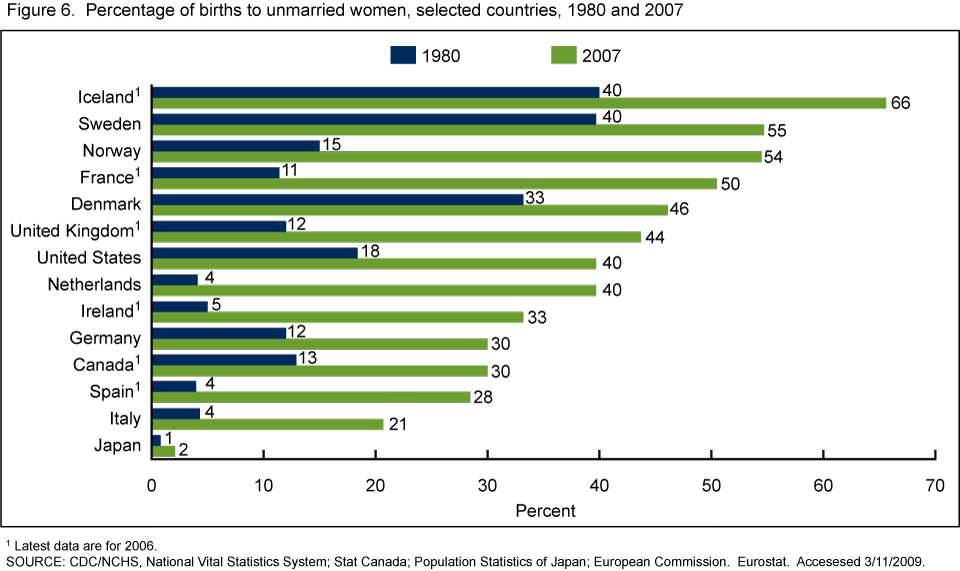Why So Few Japanese Babies are Born Out of Wedlock
In Japan, there’s a cultural narrative that’s less often shared with the world: the realities faced by single mothers. Despite Japan’s progressive strides in many sectors, the topic of births to unmarried women remains largely taboo, with deep-rooted social and economic implications.

As of 2007, only 2% of births in Japan occurred outside of marriage. This contrasts starkly with countries like Sweden and Iceland, where 55% and a whopping 66% of births, respectively, were to unmarried women that year. It’s not just about numbers; this statistic is a telling indicator of societal attitudes and the pressures faced by women in Japan.
The decline in marriage rates in Japan is a much-discussed issue, often linked to the country’s dropping birth rate. While married couples tend to have around two children, consistent with trends from the 1970s, the fertility rate overall has dipped to 1.43. This discrepancy highlights that while married life still yields a relatively stable birth rate, the societal framework doesn’t support the same for single mothers.
The economic burden bears heavily on this dynamic. Japan, known for its high cost of living, presents young mothers with a formidable challenge: the expense of raising a child, coupled with work-family conflicts and a lack of adequate housing.
Approximately half of them live below the poverty line, positioning Japan unfavorably among OECD countries. The country also faces the challenge of “relative poverty,” with around 3.5 million children from economically struggling households. This is a sobering reality in a nation known for its economic might.
Comparatively, the situation in Europe and North America is different, with 30-60% of births occurring outside of marriage. These figures suggest a more accepting attitude towards single parenthood and likely reflect stronger social safety nets for unmarried mothers.
The data suggests that while Japan excels in innovation and economic strength, there is an urgent need for societal and policy shifts to support all forms of family structures, particularly those led by single mothers facing undue hardship.
This article was too short. You made a pointless argument. There is other factors in the decrease of marriage. To say something against there moral/traditional beliefs and tell them its okay to sex out of marriage. Be promiscuous. This article was wrote by a white person from north america. Get your white self out of japan and back to N.A. Also you should mention how greenland is doing being 66%. Not as favourable as canada. Do your research next time instead of boasting an opinion.